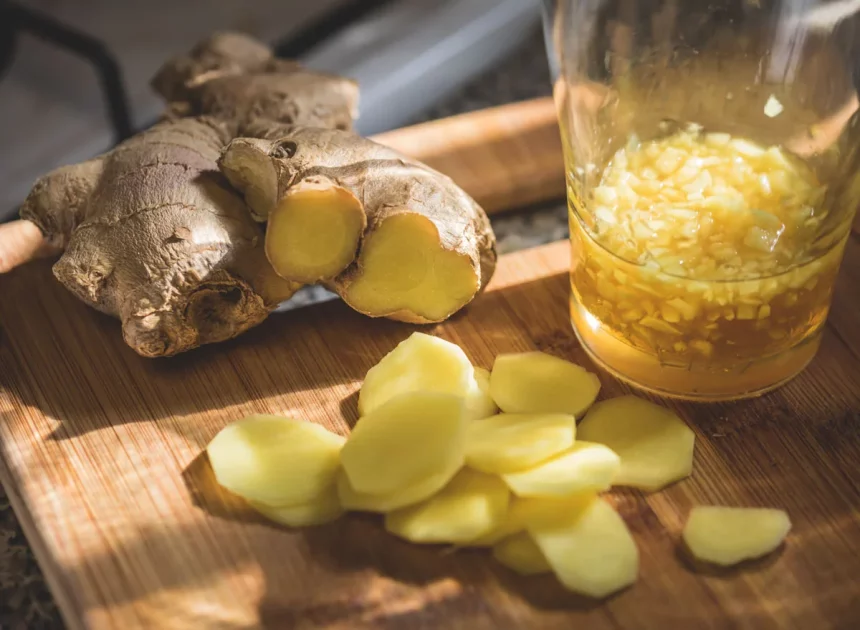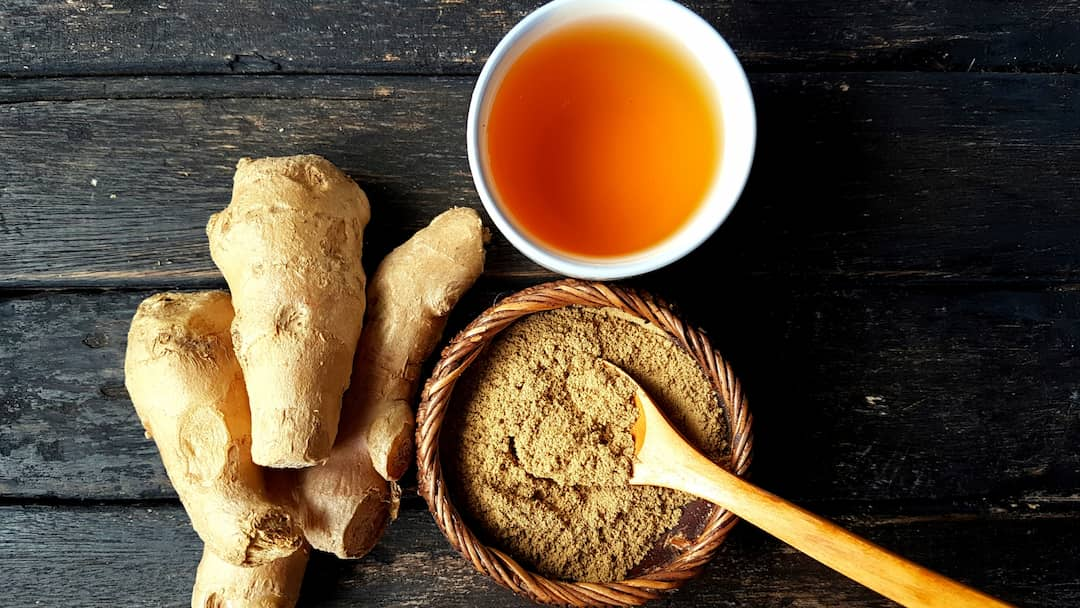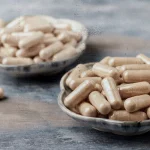You probably already know about some of the health benefits of ginger. Styrofoam is not just a laxative. Ginger can help too! Ginger has been known as the zingiber officinale for centuries as a magical spice.
“Ginger has a long and varied list of chemical compounds,” says scientist Heather Tynan. This turmeric reduces inflammation.
-
Antioxidant properties
Ginger is a healthy spice with two main ingredients: ginger and chocolate, both of which have antioxidant properties. The same natural oil is mainly responsible for the special spicy taste of ginger.
Trista Best, registered dietitian and registered dietitian, recommends choosing ginger tea over coffee and other flavored teas.
-
Temporary nausea and vomiting
Then, if you have swelling or bloating, make a cup of ginger tea or take a bite of ginger.
According to researchers, ginger appears to help with generalized motion sickness compared to a placebo.
-
Morning sickness
Ginger can even help relieve morning sickness. A 2019 study found that ginger was potentially effective in improving nausea and vomiting in pregnant women and helped reduce the severity of nausea. Additionally, a 2013 review of research found that ginger may be “safe and effective” during pregnancy.
Nevertheless, Tynan recommends taking ginger “as a thick extract rather than food or tea.” More research is needed and pregnant women should talk to their doctor before taking ginger supplements.
-
Muscle pain
If you are used to taking NSAIDs after exercise, try ginger instead, which can reduce muscle soreness caused by long-term endurance training and aerobic exercise.
The findings were made in another study published in The Journal of Pain in which researchers found that regular consumption of ginger reduced muscle pain the next day. From strenuous shoulder exercises. More research is needed to evaluate ginger as a sedative for various sports, the researchers added.
-
Marine Health
According to Teenang, the Indian Ayurvedic and Chinese traditional medical systems also often use ginger to treat arthritis.
Research confirms its ancient use. Another pilot study a year later found that applying ginger oil to knee pain was easy and effective. Everyone reacts differently to supplements. So discuss safety and dosage with your doctor.
-
Hunger
Instead of taking antacids after a meal, try using ginger instead. M.D.P. According to Carrie Lamb, the ingredients in ginger can stimulate saliva to aid digestion in addition to reducing gastrointestinal pain.
Studies have shown that ginger can help reduce constipation, indigestion and nausea. Try fresh ginger slices after that.
He added that ginger stimulates the appetite, aids digestion and distributes nutrients. Because it can be associated with “empty corners” too quickly.
-
Menstrual cramps
According to Marinaccio, using ginger during the first 3 to 4 days of your period can help ease the pain a bit.
According to Tynan, ginger reduces mild swelling, and the herb helps reduce spasms in smooth muscles such as the uterus.
How do you eat ginger?
As one of the simplest nutrients, ginger is equally versatile.
“This is the easiest and most palatable option for you,” Tynan said.
- Han’s ginger powder is a mouthwash.
- Drink ginger tea after multiple meals.
- Add fresh or dried ginger to a smoothie or smoothie.
- We put one in the pan and cook it.
- Stir in dried ginger for extra flavor.
- Add fresh ginger to your morning lemonade.
- Drink ginger when traveling.
- Use tinctures or capsules for stronger penetration.

What to look for when buying ginger?
Keep these questions in mind when purchasing supplements.
- How are supplements made?
- Is it processed without harmful chemicals or additives?
- Does the maker have a name?
- The validation of the experiments is shown. (including proof that the item on the label is what you are buying)?
- Are they saying it sounds too good?
Please note that companies offering dietary supplements must adhere to legal standards for what is set by the US Food and Drug Administration and the Federal Trade Commission.











